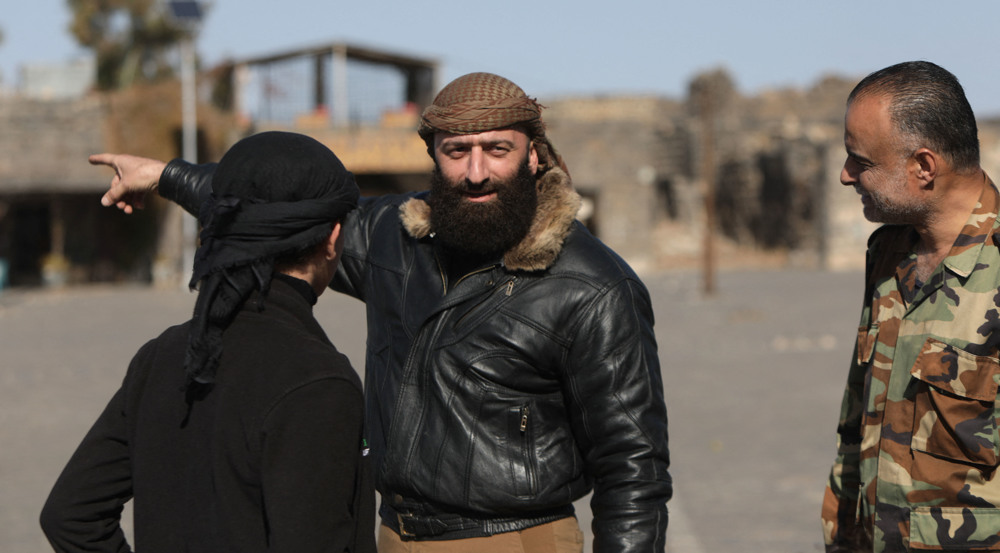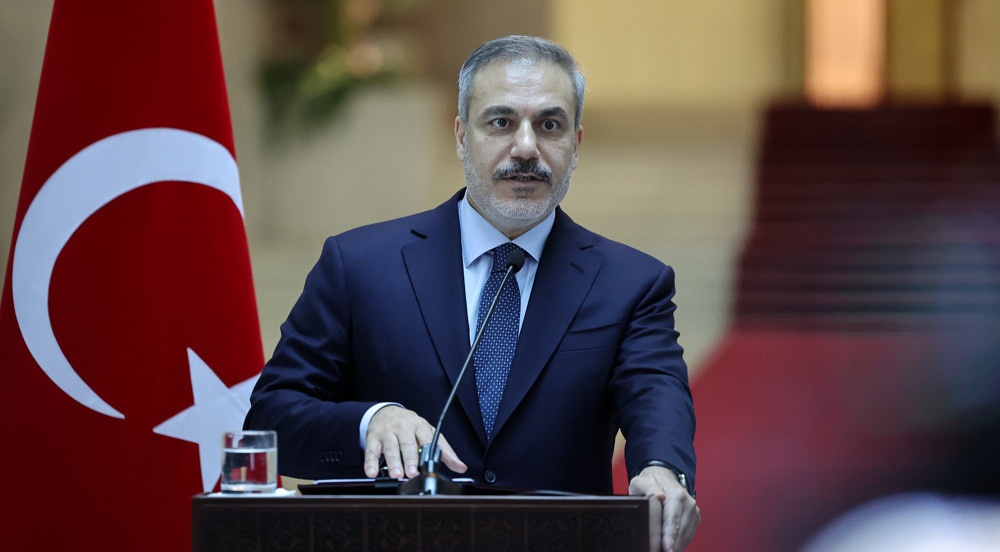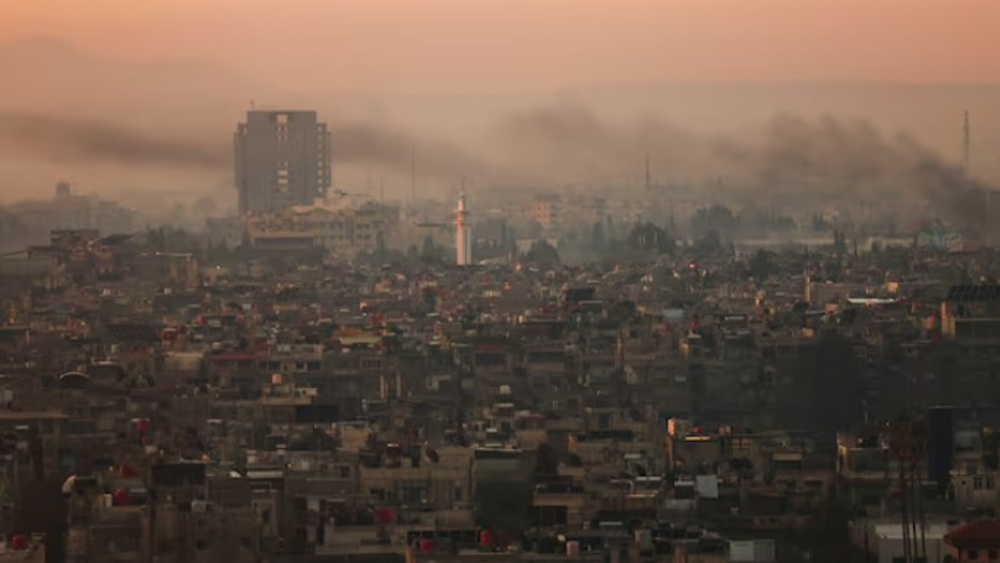HRW says transparency needed in transferring foreign terrorists, families out of Syria
Human Rights Watch says any transfer of suspected foreign Takfiri terrorists and their families out of Syria should be transparent as camps in the northeastern parts of the Arab country are filled with these families of different nationalities.
Syria has been gripped in foreign-backed militancy by terrorist outfits, most notably the Daesh Takfiri group, since March 2011, but the bloody conflict, which once was raging in most parts of the Arab country, has now reduced to some sporadic localities, thanks to victories scored by the Syrian army against terrorists.
Daesh, far from its heyday, is no longer in control of any urban bastions in Syria and its sporadic presence in the Arabic country is quickly shirking against advancing government troops. The terror group is now confined to some small pockets of land in some deserts and rural areas.
France is now considering bringing back home dozens of suspected French Daesh terrorists, as well as their wives and children, who are kept at some detention centers and camps run by the so-called Syrian Democratic Forces (SDF), a US-backed militant alliance that is against Damascus and is purportedly fighting against Daesh.
“We would definitely like to be present (during the transfer), or at least there should be some transparency,” AFP quoted Nadim Houry, HRW’s director of counter-terrorism, as saying in the northern Syrian town of Amuda on Wednesday.
“As we speak, there may already be transfers happening. There’s been a total lack of transparency, and bad things happen in the dark,” he warned.
France has been exploring how to return its nationals who fought alongside Daesh and their families seeking to return from combat zones in Iraq and Syria, as well as those who surrendered and are in detention.
Some 60 women, including 40 mothers, with about 150 minors have been reported to be in Syria by families in France. The large majority of the children are under the age of six.
Back in October last year, Reuters reported that French authorities were entering an active phase of evaluation on the possibility of repatriating minors.
In total, tens of thousands of foreigners from different nationalities are estimated to have joined Daesh during the past four years or so, but they have streamed out of Daesh’s collapsing “caliphate” in recent years. Many of them have been killed.
SDF forces claim that they are detaining foreign terrorists on a “daily basis” and that they are also holding hundreds of women and their children, who were born to suspected members of Daesh, including French nationals, in two main detention camps in northern Syria.
Some authorities at al-Hol, one of the camps, were quoted by AFP as saying that they had received more than 1,000 foreign nationals since fighting against Daesh’s last positions ramped up in mid-December last year.
On Wednesday, dozens of foreign women and their young children, who had just came from a battered Daesh pocket, located further south, were waiting in a reception area in al-Hol to receive their tents in the cordoned-off section of the camp where foreigners are held, AFP said.
The SDF, which controls swaths of land in northeastern Syria, has already urged foreigners’ countries of origin to take their nationals back. Those nations are often reluctant to do so, but the issue has taken on greater urgency amid fears of a security vacuum since Washington abruptly decided in December to pull out the American troops from the Arab country.
Furthermore, the US has also begun pressuring countries to repatriate their respective nationals in recent days.
Some unnamed French sources told AFP that an estimated 50 adults and 80 minors could be brought back to France, but authorities in Paris have not yet confirmed any planned repatriation.
“While this debate is taking place in France, it's not clear it has manifested itself in any concrete measures on the ground,” said Houry, whose team plans to visit foreigners in the camps.
The US-based agency says it is seeking clarity on the numbers that might return, the route they would be transferred through, and whether minors would be separated from their parents.
Palestinian dies in Israeli prisons due to medical negligence
IRGC forces launch final stage of major drill in western Iran
Joseph Aoun voted Lebanon’s president, ending 2-year deadlock
Iran protests to France over French city’s insulting poster
MP Corbyn challenges UK govt. over complicity in Israel's Gaza genocide
Iran performs first fetal brain surgery in West Asia
Lebanon’s MPs trying to pick new president after 12 failed attempts
UNICEF: Israel killed at least 74 children in Gaza in first week of 2025
















 This makes it easy to access the Press TV website
This makes it easy to access the Press TV website